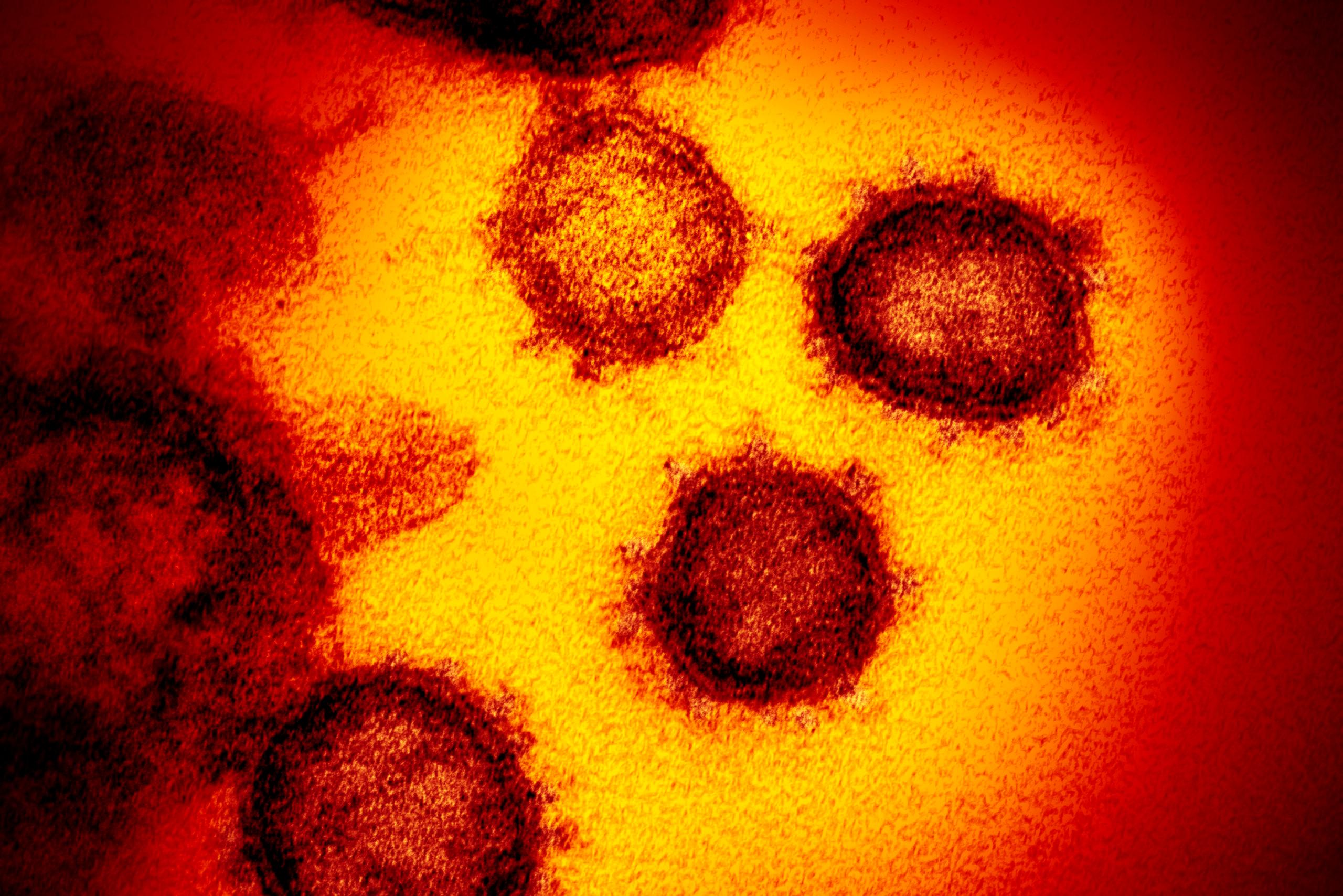
Staff at two child care facilities on the Front Range have been diagnosed with COVID-19, according to data released Wednesday on outbreaks in the state. The cases are the first documented in child care settings.
Colorado allowed child care providers to reopen with social distancing and additional protections in place after the statewide stay-at-home order lifted in April. Some had remained open throughout to serve essential workers. School buildings have been closed and K-12 instruction is happening remotely.
Two staff members at Orchard Valley Learning Center, in Centennial, tested positive for COVID-19, as did one attendee. The outbreak was identified on May 7. A person who answered the phone at Orchard Valley refused to comment further on the outbreak.
In Westminster, two staff members at The Learning Experience tested positive as well. One of The Learning Experience locations in Westminster, at 10190 Wadsworth Parkway, is temporarily closed until May 25, although it's not clear if that's connected to the presence of the virus.
The other did not respond to calls. Neither outbreak has been resolved, according to the information provided by the state.
As some return to workplaces, the question of what to do about child care offers a conundrum.
Fears of the disease have kept some parents away. While the disease appears to affect children less, there have been reports of a rare inflammatory disease that appears to be linked to the virus sickening some. Over 330 children under the age of 9 have been diagnosed with COVID-19, and 31 have been hospitalized, according to the latest state data. None have died. Overall, 20,475 people have been diagnosed with COVID-19 in Colorado, with most of those dying of the diseases over 70.
Claire Cruse, who does research for a healthcare-focused consulting firm, has kept her toddler at home even after the daycare center he attends reopened. She and her husband have both been working fulltime from home; she’s several months pregnant and has worried about her vulnerability to the virus.
“I’m still pretty fragile,” she said. “It’s not just how the being pregnant affects your reaction to COVID, but how susceptible you are because you are pregnant.” Pregnancy can affect the immune system, but there’s no evidence yet that pregnant women are at higher risk of infection or severe symptoms. Still, experts say it’s too early to say and people who are pregnant should be cautious.
Cruse was not surprised by the news of outbreaks in child care centers; she’d worried about it since the beginning.
“I’m actually surprised it hasn’t happened sooner, I guess, just because daycares tend to be more or less germ factories,” she said. “Our toddler is always coming home with some sort of runny nose or fever.”
In that kind of environment, she thinks even the most conscientious provider would struggle to prevent an outbreak. She doesn’t expect to send her toddler back in until June at the earliest.
“I 100 percent trust they’re doing everything in their capacity,” she said. “But ultimately there’s only so much they can do.”
Child care centers are required to take steps to prevent outbreaks.
Diane Price, CEO of Colorado Springs-based Early Connections, a network of family home providers and other sites, says her organization’s processes for safety and cleaning are very rigid.
“We’re cleaning, we’re wearing masks, we’re temperature taking, we have staggered drop off and pick up times, everything that has been advised by health department, we’re doing.”
Under safer-at-home rules, Colorado’s Department of Public Health and Environment requires groups of no more than 10 children, daily temperature checks of employees, face masks for employees, and frequent handwashing and hand-sanitizer use.
Children are only allowed to play with hard toys that are easily cleaned, not soft fabric toys or sensory tables. Every night all the toys at Early Connections get laid out and sprayed with a cleaning solution, Price said.
“Anytime a child puts a toy in his or her mouth, it gets placed in a bag,” she said.
Early Connections has instituted its own rules beyond those of the state. In early March, it started “aggressive cleaning” around doorknobs, light switches, flat surfaces and hand railings every hour using garden sprayer containers.
The network didn’t have the staff to monitor curbside pickup, which the guidance says centers can “consider” but Price says families bring children in on a staggered basis and don’t go into the classrooms.
Early on in the outbreak, Price said there was a case or two of someone distant, like the grandparent of a child, who self-reported but they’ve had no staff member or child test positive for COVID-19.
Price says she is in close contact with an official at the health department whom she calls her “new best friend” and texts any time she has a question.
“I feel really confident that we’re doing the right thing,” Price said. “We haven’t had any outbreaks or exposures. We’re here for our families and for our essential workers.”
Rachel Estabrook contributed reporting to this story.








